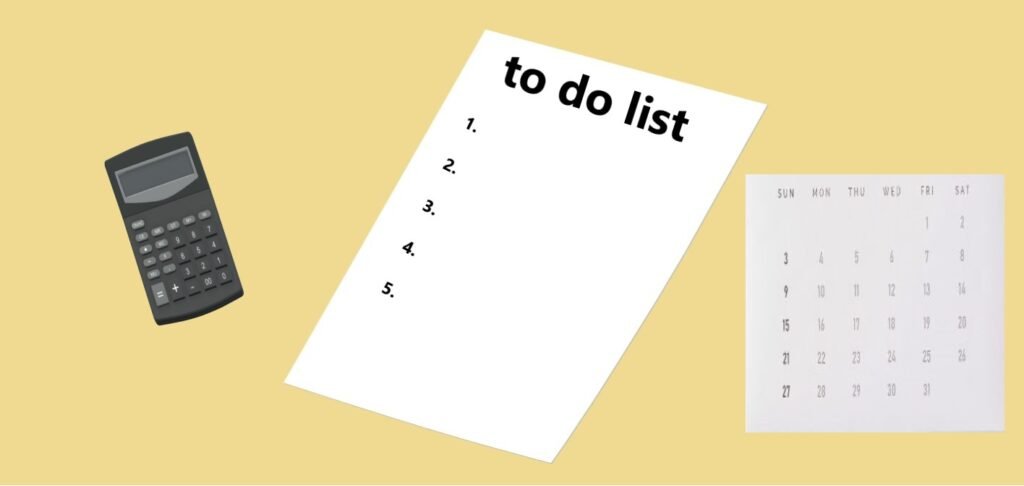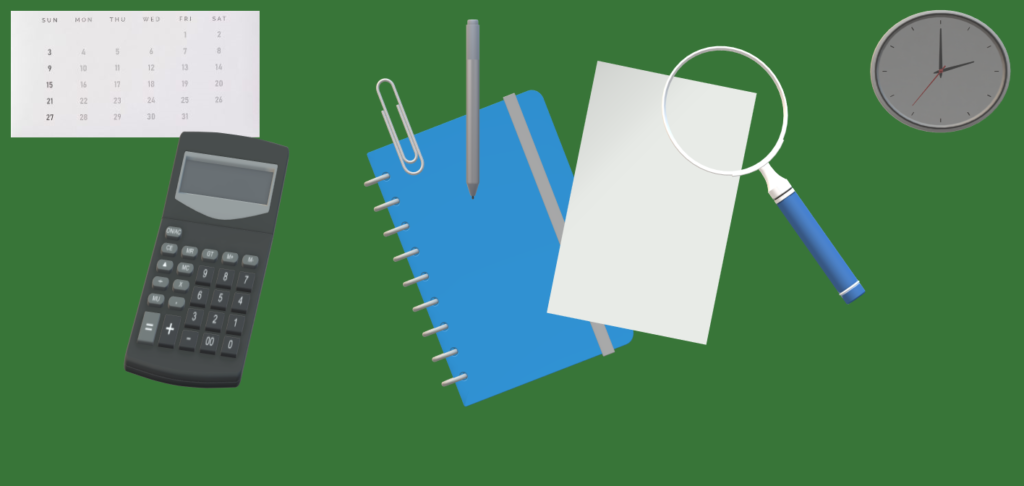Table of Contents
Here are 10 easy tips to reduce your monthly expenses
Managing monthly expenses can be a challenge, but with a few simple strategies, you can significantly reduce your spending.
1. Create a Budget
Creating a monthly budget is the first step to understanding where your money is going. Keep track of your income and expenses to pinpoint areas where you can reduce spending. Utilize budgeting apps or spreadsheets to maintain organization.
- List all your income sources.
- Keep a record of all expenses, even the smallest ones.
- Categorize expenses (e.g., groceries, utilities, entertainment).
- Set spending limits for each category.
2. Reduce Utility Bills
Utility bills can take a large chunk out of your monthly budget. Here are some tips to cut your utility costs:
- Electricity: Turn off lights when not in use, use energy-efficient bulbs, and unplug electronics.
- Water: Repair leaks, limit shower time, and use water-conserving devices.
- Heating/Cooling: Insulate your home, use programmable thermostats, and dress appropriately for the weather to reduce HVAC usage.
3. Cut the Cord
Cable TV can be expensive. Consider alternatives like:
- Streaming Services: Subscriptions to services like Netflix, Hulu, or Disney+ are often cheaper than cable.
- Free Channels: Use an antenna to access free over-the-air channels.
- Bundling: Combine internet and streaming services for discounts.
4. Eat at Home

Eating out much can drain your finances. Cooking at home is better for your health and your wallet.
- Meal Planning: Make a meal plan for the week. Write a list of the things you need to buy. This will help you avoid buying things you don’t need.
- Bulk Buying: Buy things that don’t go bad quickly and buy a lot of them at once.
- Leftovers: Use leftovers creatively to avoid waste.
5. Shop Smart
When shopping for groceries or other necessities, adopt smart shopping habits:
- Coupons and Discounts: Take advantage of coupons, loyalty programs, and cashback applications.
- Generic Brands: Opt for store brands instead of name brands.
- Sales: Shop during sales and clearance events.
6. Review Subscriptions
Subscriptions can quietly add up. Look through your subscriptions on a regular basis. Get rid of any that you no longer use.
- Streaming Services: Keep only the ones you use regularly.
- Gym Memberships: Switch to a cheaper gym or exercise at home.
- Magazines and Apps: Cancel subscriptions you no longer read or use.
7. Use Public Transportation
If you can, take the bus or train instead of driving.

- Savings: Save on gas, parking, and car maintenance.
- Alternatives: Consider biking or carpooling.
8. Lower Insurance Costs
Insurance premiums can be high, but there are ways to reduce them:
- Shop Around: Get price estimates from various providers and compare them.
- Bundling: Save money on your insurance premiums by combining your home, auto, and life insurance policies.
- Raise Deductibles: Choose higher deductibles to reduce your premiums.
9. Limit Impulse Purchases
Impulse purchases can blow your budget. Control them by:
- Wait before Buying: Give yourself 24 hours to decide if you really need the item.
- Lists: Stick to your shopping list to avoid unnecessary purchases.
- Cash Only: Use cash instead of credit cards to limit spending.
10. DIY When Possible
You can save money by doing things yourself.
- Repairs and Maintenance: Learn basic home and car repairs.
- Gifts and Decorations: Make your own gifts and home decor.
- Clothing: Repair or repurpose old clothes instead of buying new ones.
Creating a Budget
Making a budget is crucial for managing finances, and having a thorough plan can result in significant cost-cutting. To start, gather all your financial documents, including bank statements, bills, and receipts. Determine the sum of your earnings from all sources for each month. Next, list your expenses, dividing them into fixed (rent/mortgage, utilities, car payments) and variable (groceries, entertainment, dining out). Analyze your spending habits to identify where you can cut back.
Create practical budgets for each category and focus on necessary expenses. Dedicate a part of your earnings to both savings and unexpected costs. Use budgeting tools like apps or spreadsheets to track your spending in real-time. Make it a habit to regularly check and modify your budget to make sure you are staying on target. By maintaining a well-structured budget, you can control your finances, avoid unnecessary expenses, and achieve your financial goals.
Additional Tips:
- Emergency Fund: Establish a reserve fund to address unforeseen costs.
- Debt Repayment: Prioritize paying off high-interest debt to reduce long-term costs.
- Automate Savings: Arrange for automatic transfers to be made to your savings account.
By implementing these strategies, you can cut your monthly expenses and improve your financial health. Remember, even small changes can add up to big savings over time.



